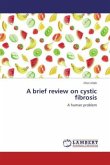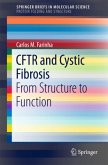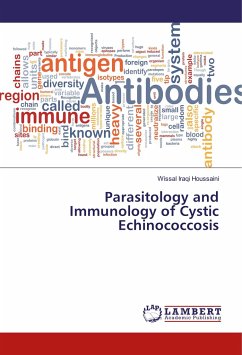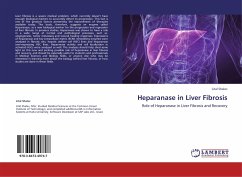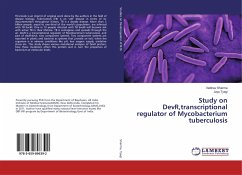Cystic fibrosis (CF) is caused by the dysfunction of cystic fibrosis transmembrane conductance regulator (CFTR). The predominant mutation found in CF patients (delta F508) results in a mislocalized channel, which is unable to reach the plasma membrane. Rab proteins are small GTPases involved in vesicle transport. The regulation of CFTR by Rab GTPases-4 and 27a was evaluated in multiple cell systems: the colorectal HT-29 cells, bronchial epithelial IB3-1 and S9 cells. Over-expression of Rab proteins led to inhibition of CFTR activity by reducing its cell surface level, without affecting the total CFTR pool. GDP-locked and GTPase-deficient mutants of Rabs-4 and 27a were found to regulate CFTR at varying degrees by binding to the channel. Signaling mechanisms that control modulation of CFTR activity by Rab proteins include the PI3 kinase and MAP kinase cascades. Proposed models showcase a possible role for Rab4 in mediating the recycling of CFTR or delta F508 from the plasma membrane to the microsomes inside the cell. Rab27a can potentially be a key player in regulating the trafficking of CFTR or delta F508 towards the lysosomes for degradation, which is reversed by effector proteins.
Bitte wählen Sie Ihr Anliegen aus.
Rechnungen
Retourenschein anfordern
Bestellstatus
Storno


